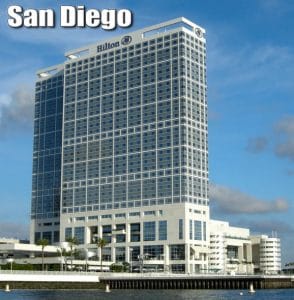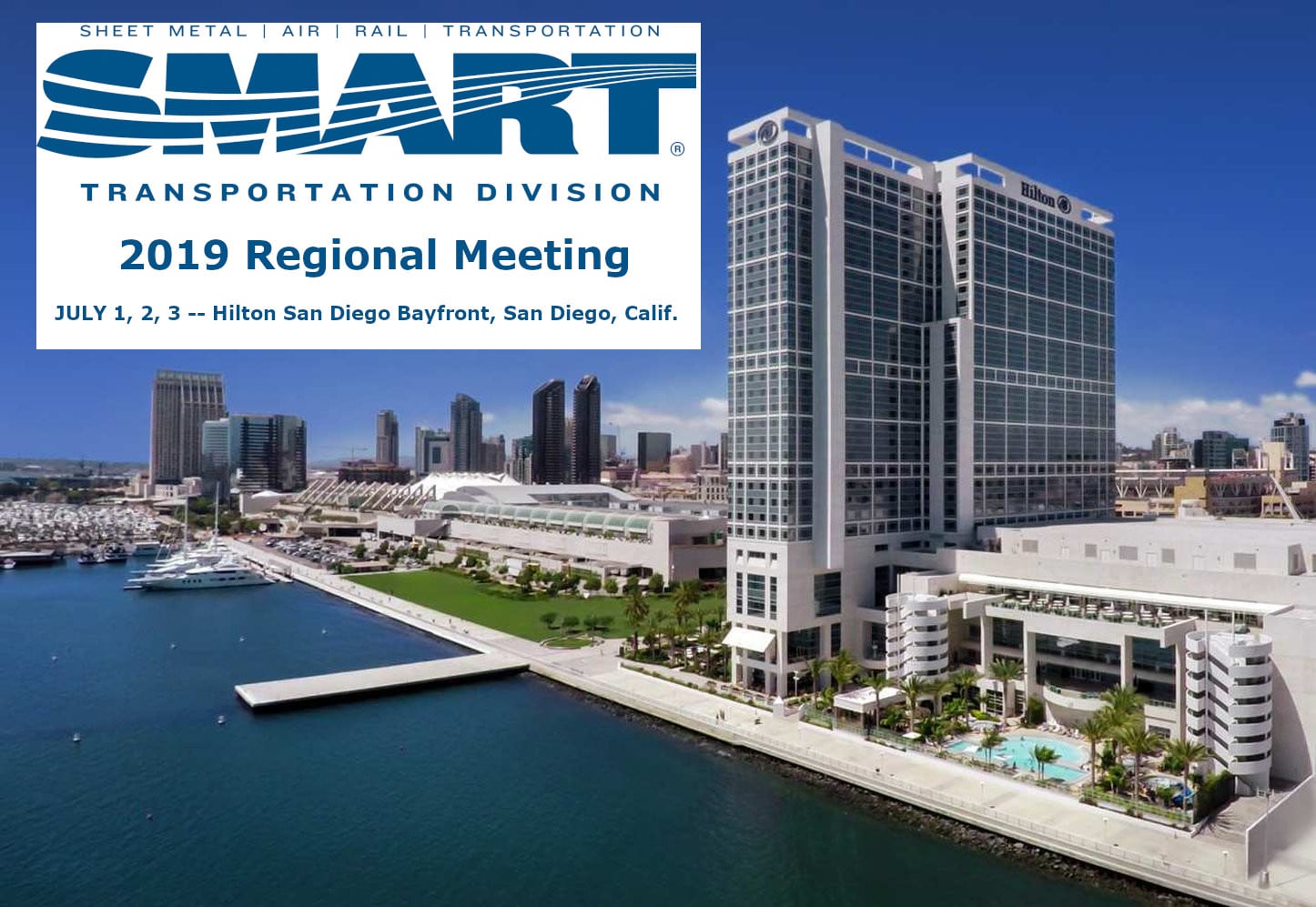As part of the Spring 2024 BE4ALL Contest, union workers across the country submitted their answers to the question: Why are you proud to be a SMART union member? In his answer, Local 206 (San Diego, Calif.) member Gustavo Orozco discussed the broad nature of his union pride, from collective power at his local to the history of the labor movement at-large.
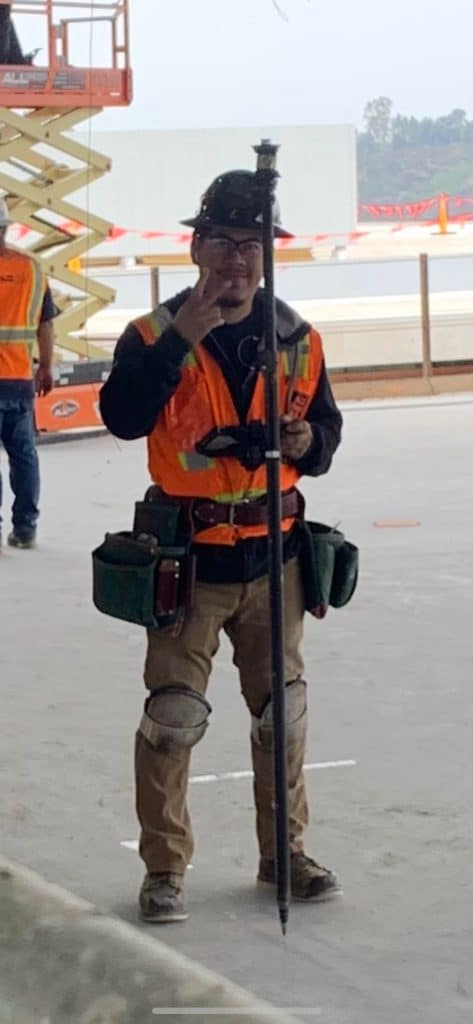
“First and foremost, I am proud of the collective strength and solidarity that our union represents. By joining forces with my fellow workers, we have a powerful voice to advocate for our rights, interests and well-being in the workplace. Together, we have the ability to negotiate fair wages, benefits and working conditions that ensure our dignity, security and prosperity.
“Moreover, I take pride in the history and legacy of the labor movement that our union embodies. Throughout history, unions have been at the forefront of fighting for social and economic justice, championing equality, fairness and opportunity for all workers. Being part of this tradition of activism and advocacy fills me with a sense of pride and purpose.
“Furthermore, I am proud of the support and camaraderie that our union provides. Whether it’s through access to resources, representation in disputes, or solidarity during strikes and protests, knowing that I have the backing of my union brothers and sisters gives me confidence and reassurance in facing challenges at work.
“Additionally, I am proud of the opportunities for empowerment and engagement that our union offers. From participating in union meetings and committees to taking on leadership roles and driving change within our workplace and community, I am able to actively contribute to shaping the future of our union and making a positive impact on the lives of my fellow workers.
“Lastly, I am proud of the progress and achievements that our union has accomplished. From securing fair wages and benefits to promoting safer working conditions and ensuring equal treatment and opportunities for all workers, our union’s successes are a testament to the power of collective action and solidarity.
“In conclusion, I am proud to be part of our union and to stand in solidarity with my fellow workers. Together, we are stronger, and together, we will continue to fight for a more just, equitable and prosperous future for all.”
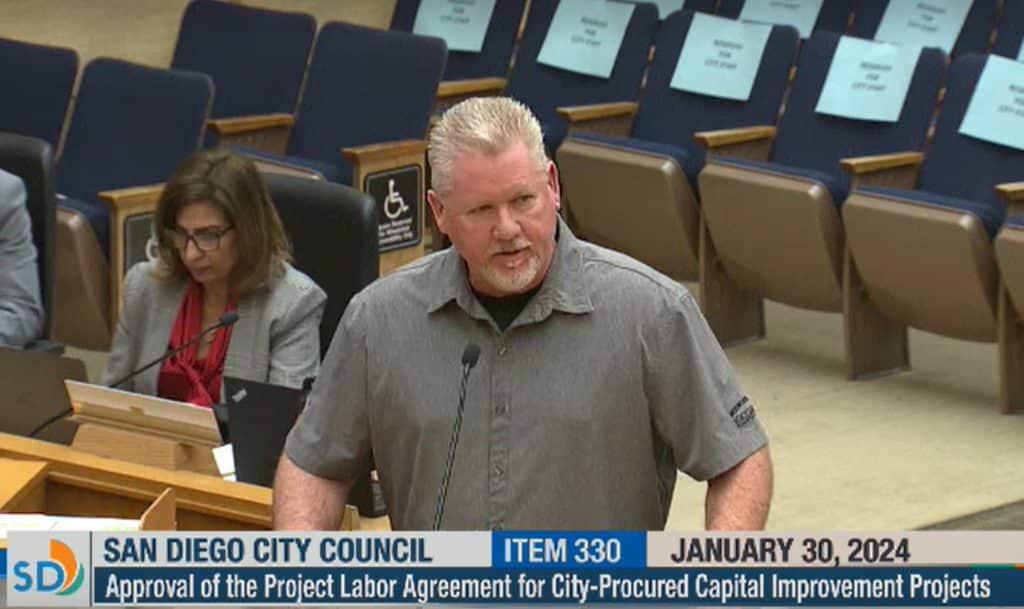
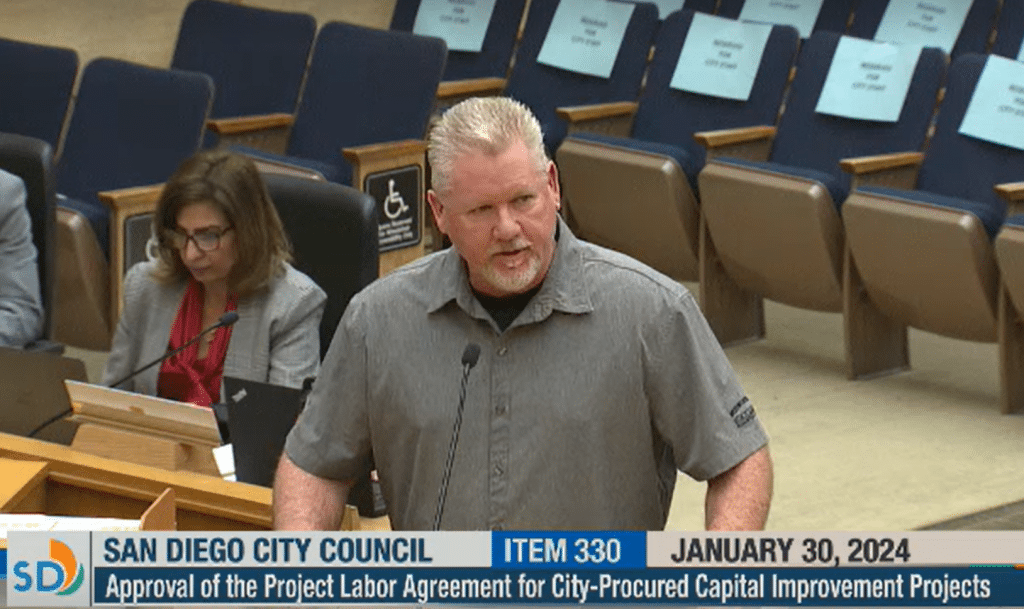
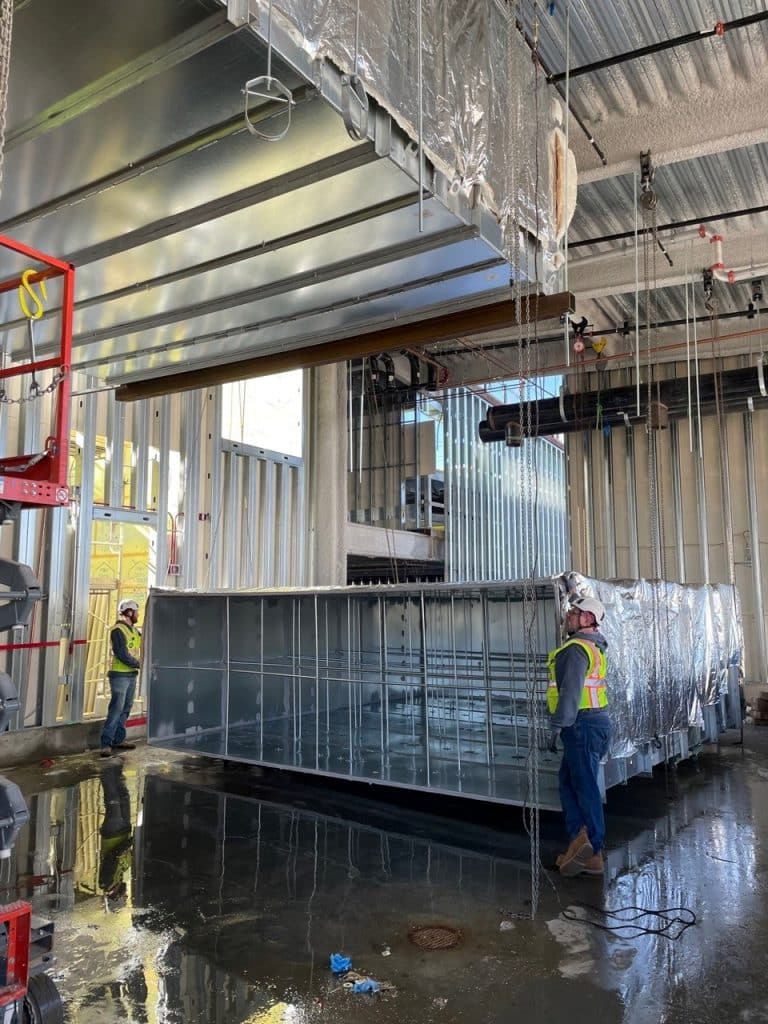
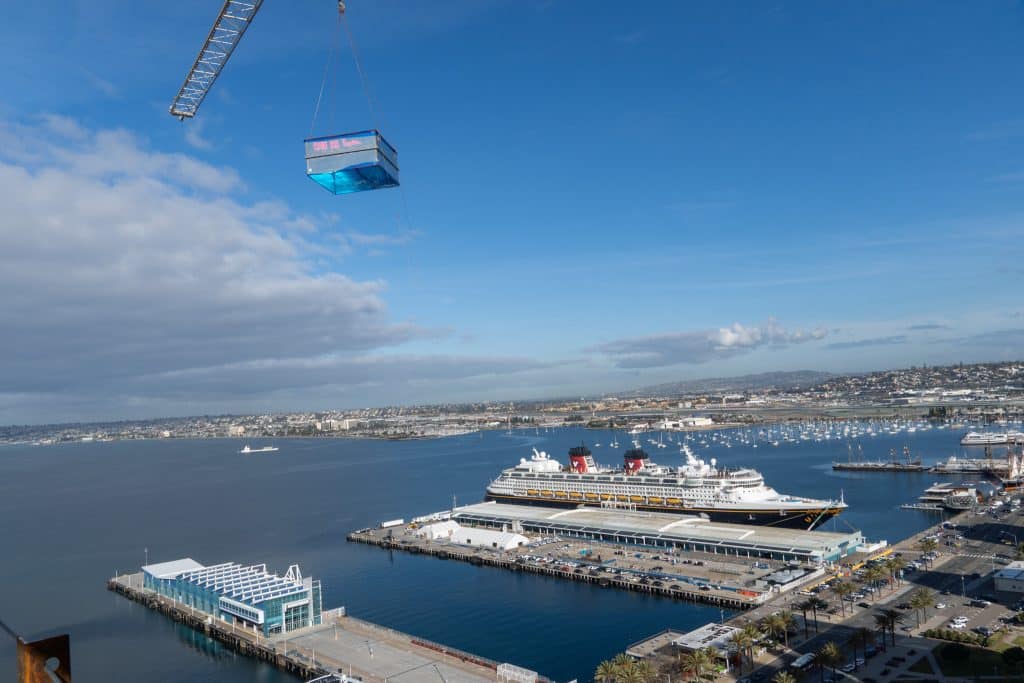
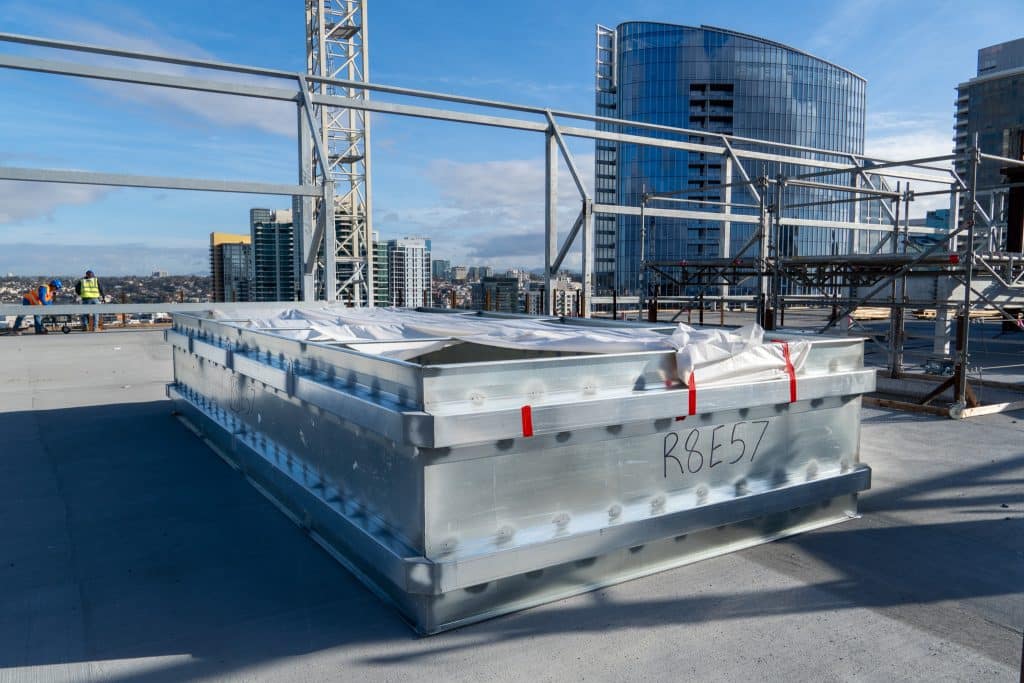
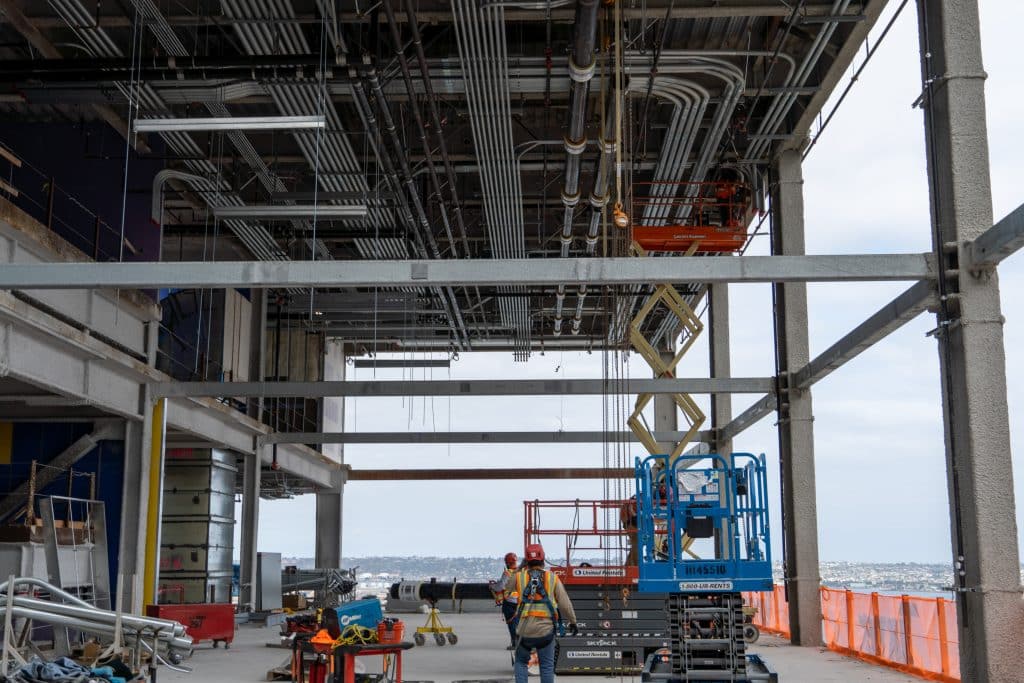
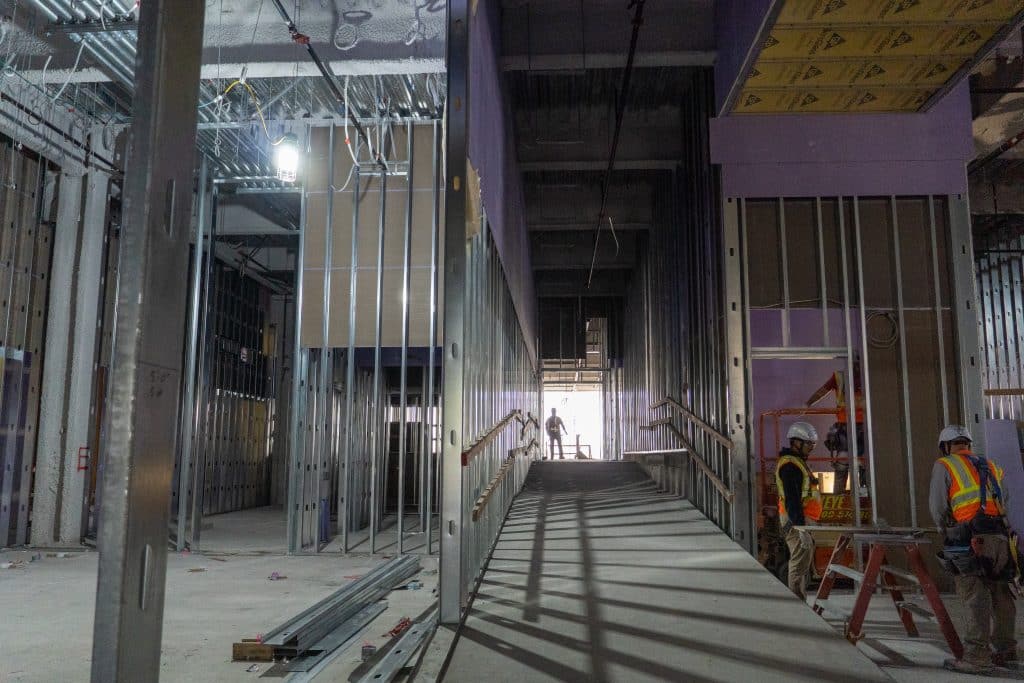
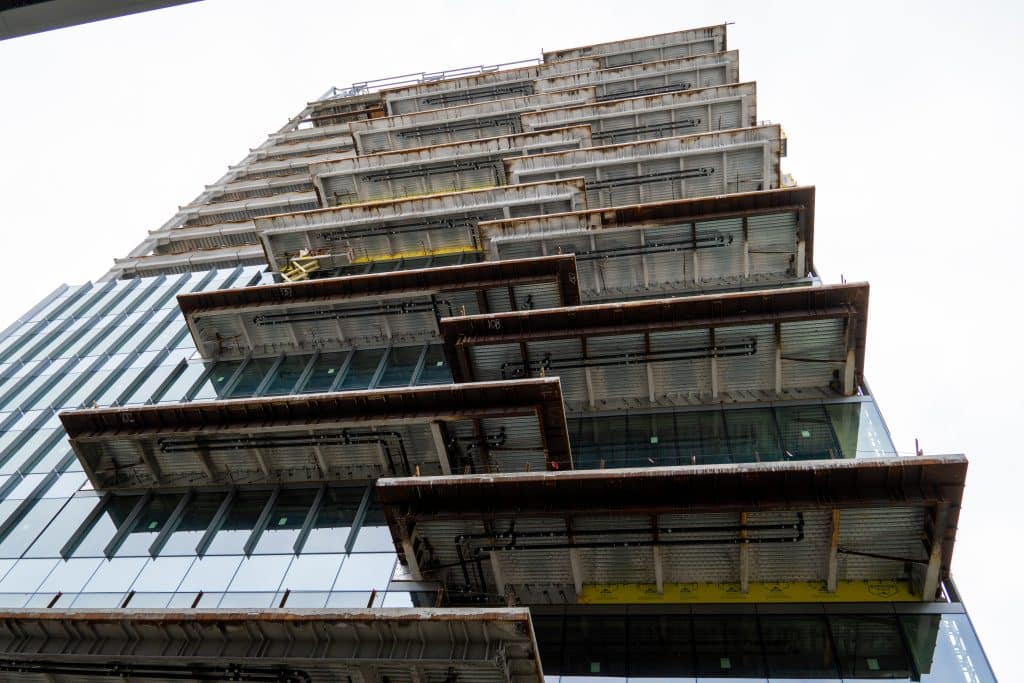
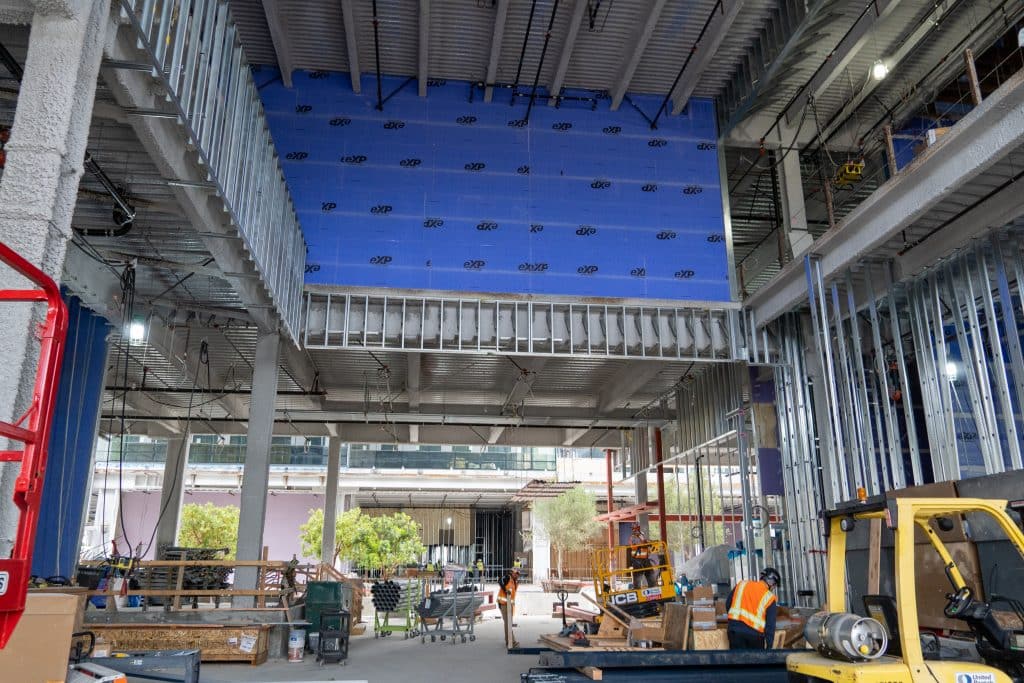



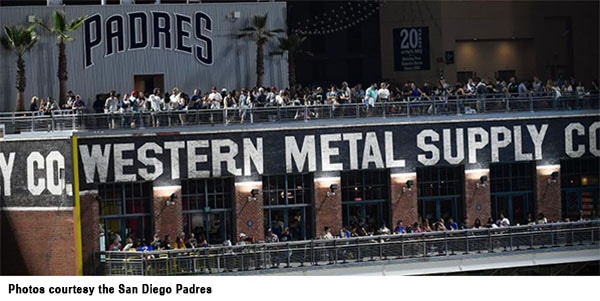
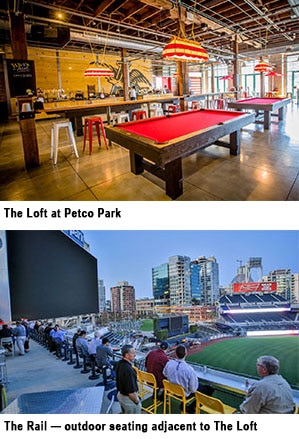 Food, fun and baseball will be the name of the game as registered meeting attendees watch the Padres take on the National League West rival San Francisco Giants at the Padres’ home field, a short walk from the host Hilton Bayfront Hotel.
Food, fun and baseball will be the name of the game as registered meeting attendees watch the Padres take on the National League West rival San Francisco Giants at the Padres’ home field, a short walk from the host Hilton Bayfront Hotel.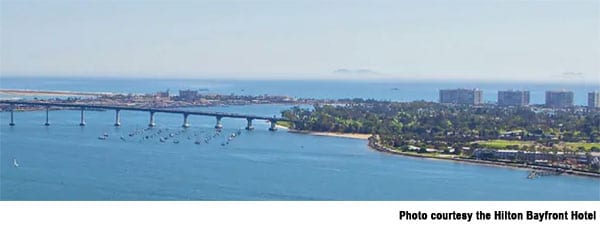 A pair of tours has been finalized on June 30 and July 1 for attendees of the
A pair of tours has been finalized on June 30 and July 1 for attendees of the 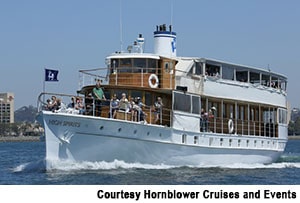 Day 1 (June 30): High Spirits Hornblower yacht luncheon/tour: Attendees will be picked up at the hotel dock at 9:45 a.m. to enjoy sightseeing on San Diego Bay with a professionally narrated harbor tour. More than 50 historic landmarks are covered by the 13-mile Big Bay cruise. Attendees will enjoy lunch on board and see marine animals and majestic sea birds on High Spirits, which was originally constructed as a sister ship to President Franklin D. Roosevelt’s presidential yacht, the Sequoia. Attendees will arrive back at the dock at 1 p.m., giving them time to spare to visit Seaport Village, which is within walking distance, before the Regional Meeting’s opening reception Sunday evening.
Day 1 (June 30): High Spirits Hornblower yacht luncheon/tour: Attendees will be picked up at the hotel dock at 9:45 a.m. to enjoy sightseeing on San Diego Bay with a professionally narrated harbor tour. More than 50 historic landmarks are covered by the 13-mile Big Bay cruise. Attendees will enjoy lunch on board and see marine animals and majestic sea birds on High Spirits, which was originally constructed as a sister ship to President Franklin D. Roosevelt’s presidential yacht, the Sequoia. Attendees will arrive back at the dock at 1 p.m., giving them time to spare to visit Seaport Village, which is within walking distance, before the Regional Meeting’s opening reception Sunday evening.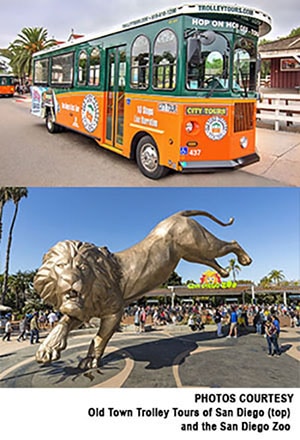 Day 2 (July 1): Old Time Trolley ride and visit to the San Diego Zoo: Attendees will take a trolley from the Hilton Bayfront Hotel at 8:45 a.m. and travel to the world-renowned San Diego Zoo, home to thousands of exotic animals. Guided bus tours of the 100-acre zoo will allow visitors the chance to encounter the zoo’s more than 3,500 rare and endangered animals representing more than 650 species and subspecies and its prominent botanical collection with more than 700,000 exotic plants. A slate of wildlife shows and an airborne shortcut over the treetops will give visitors an unforgettable experience as they encounter the zoo’s animal and plant collection and surrounding Balboa Park. Lunch vouchers provided on the tour will allow attendees to customize their visit to their interests, and the tour group will return to the hotel at about 3:30 p.m.
Day 2 (July 1): Old Time Trolley ride and visit to the San Diego Zoo: Attendees will take a trolley from the Hilton Bayfront Hotel at 8:45 a.m. and travel to the world-renowned San Diego Zoo, home to thousands of exotic animals. Guided bus tours of the 100-acre zoo will allow visitors the chance to encounter the zoo’s more than 3,500 rare and endangered animals representing more than 650 species and subspecies and its prominent botanical collection with more than 700,000 exotic plants. A slate of wildlife shows and an airborne shortcut over the treetops will give visitors an unforgettable experience as they encounter the zoo’s animal and plant collection and surrounding Balboa Park. Lunch vouchers provided on the tour will allow attendees to customize their visit to their interests, and the tour group will return to the hotel at about 3:30 p.m.